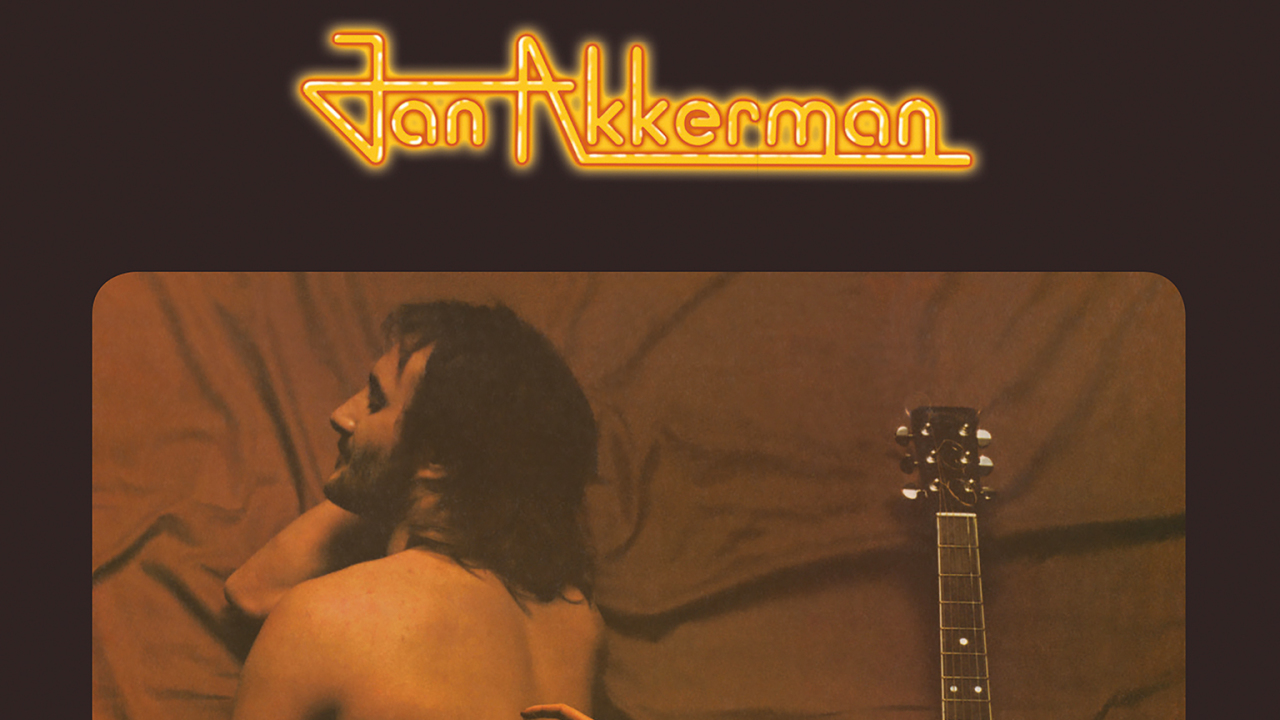Focus had been by far the most important non-English group in the UK progressive scene of the early 70s, scoring hit albums and singles. Guitarist Jan Akkerman was voted the world’s best guitarist in the Melody Maker poll of 1973.
By 1977 he had left the group, and whereas Focus had formulated their own unique stylistic mix of rock, folk and jazz, on this album Akkerman gravitated towards jazz fusion. In doing so he appropriated elements that made the music sound a tad generic, a tad too smooth at times. Crackers features (uncredited) Motown bass guitarist James Jamerson, but although it’s as well played as one would expect, it sounds like a superior backing track. That said, in every song something crops up to give it an original twist, in this case Akkerman’s animated solo. This is also evident on Angel Watch: Cees van der Laarse’s slap bass, Bruno Castellucci’s drumming, with its sizzling hi-hats, and Joachim Kühn’s piano chords all sound serviceable enough to start with. Then things slowly start to cook, firstly where Kühn breaks free with an adventurous piano solo, followed by Akkerman playing some beautifully articulated lines. An important part is played by the orchestral arrangements of Mike Gibbs, who had worked for acts on the Deram label and in the jazz and fusion field, including Narada Michael Walden. The strings add a panoramic sweep, with some beautifully crafted rhythmic detail. They meld with the rich and at times unexpected band harmonies of Pavane, while on the slinky funk of Streetwalker, their high lines are reminiscent of some of Isaac Hayes’ flamboyant orchestrations. The highlight is Floatin’, which is delicate, complex and finds Akkerman spurred on by the high-velocity drum work of his old Focus mucker, Pierre van der Linden. Comments have often been made about the sexual connotations of the guitar. This astonishing cover features Akkerman in bed with a sort of anthropomorphised axe, tapping him on the shoulder to get some attention. Psychologists, form a queue.

